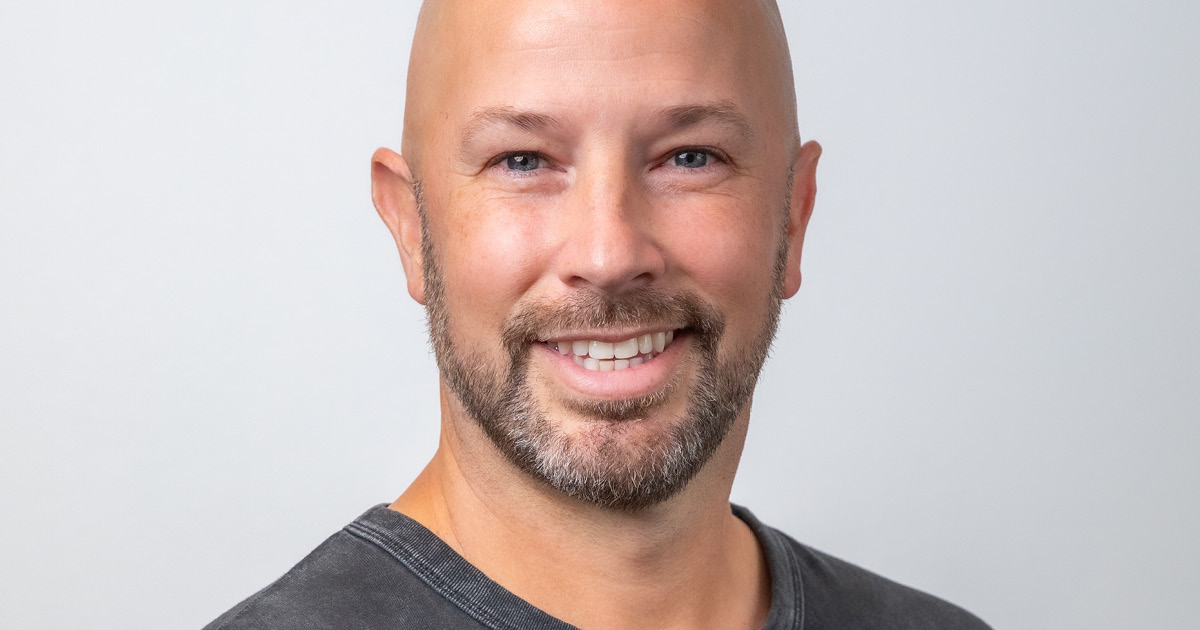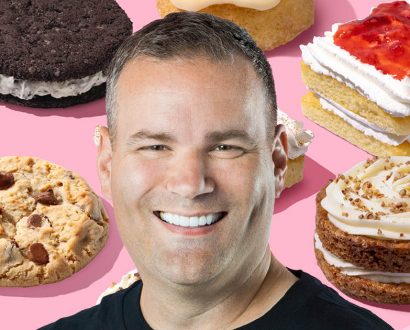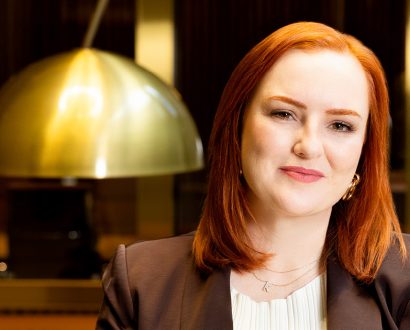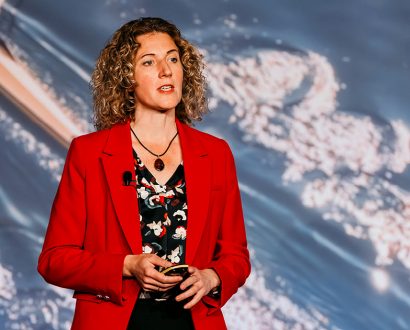There’s a lot people don’t know about Ben & Jerry’s. Yes, it’s an ice cream brand. Yes, the flavors are famously indulgent. But beneath the chunks and swirls is a radical mission: to prove business can be a force for good.
“While many only see us as an ice cream company, we are fundamentally a social mission company that happens to sell some of the world’s best ice cream,” Sean Farrell, Ben & Jerry’s Country Manager ANZ, tells The CEO Magazine.
“We believe businesses have a responsibility to give back, and that means actively supporting our communities to drive positive change in society.”
Values driven
This mission is a main reason why Farrell joined the company – and remains there more than seven years later. His career has taken him across Australia, New Zealand, the United Kingdom and Singapore in industries spanning fast-moving consumer goods, health and wellness, retail and franchising.

“Businesses can, and should be, a force for good.”
And if he’s learned anything, it’s that a focus on people and purpose can lead to success anywhere.
“I have always been passionate about the positive impact businesses can have. But it was a turning point when I joined Ben & Jerry’s and witnessed firsthand the company’s unwavering commitment to its three-part mission: product quality, economic success and social responsibility,” Farrell explains.
“Seeing how deeply this is considered and how much work goes in behind the scenes solidified my belief that businesses can, and should, be a force for good, driving positive change in society while achieving commercial success.”
Advocacy in action
Under Farrell’s leadership, Ben & Jerry’s ANZ has launched and supported some of the region’s boldest corporate activism campaigns. From fighting fossil fuel exploration to defending refugee rights, the brand continues to use its platform to influence public discourse and policy.
One campaign Farrell is particularly proud of is Save the Southern Sea, launched in partnership with Surfrider Australia. It raised awareness around the dangers of seismic blasting – a method of fossil fuel exploration that threatens marine life and coastal communities – in Australia’s Southern Ocean.
“We generated awareness and media coverage by funding the inspiring Southern Blast film and touring the film across the east coast to garner support from local communities,” he reveals.
“This initiative, which encouraged communities to take a stand against fossil fuel exploration and support the conservation of the Southern Sea, was successful as it put enough pressure on the government that the permit application has now been canceled.”
It was a huge win – but not an easy one.
“Seismic blasting isn’t a sexy topic, and it’s pretty complicated,” Farrell says. “So I’m really proud of the team, Surfrider and everyone associated with creating this really well-executed campaign that made such a tangible impact.”
Serving up change
While public-facing campaigns grab headlines, Ben & Jerry’s also invests in local grassroots partnerships that reflect its long-term sustainability commitments.
“Our Scoop Shops partner with the amazing folks at HalfCut to fight deforestation and protect the Daintree Rainforest,” Farrell says.
“We recently received the Best Corporate and Charity Partnership award at the Australian Workplace Giving Awards. This partnership has allowed us to save nine lots of land, rewild them and return them to the Indigenous community.”

“We consistently work to raise awareness and drive action on critical environmental issues.”
The company’s recent Make Some Motherchunkin’ Change campaign also encouraged everyday Australians to ‘embrace their inner activist’ and take meaningful action toward environmental advocacy.
“We consistently work to raise awareness and drive action on critical environmental issues,” he notes. “These initiatives allow us to engage with and inspire our communities to build a world where everyone has the tools they need to thrive and make a difference.”
Churning through challenges
That said, Farrell is quick to point out the complexities of embedding sustainability into business, particularly one that involves dairy production and franchised retail operations.
“We produce some of the world’s best ice cream – and are acutely aware of the environmental impact of dairy farming,” he acknowledges.
“To address this, we have implemented sustainable practices throughout our supply chain, such as sourcing Fairtrade-certified ingredients and supporting farmers who use environmentally friendly methods.”
That includes exploring innovative approaches to reduce methane emissions and improve manure management on farms. But systemic challenges remain, especially around packaging.
“One significant hurdle in Australia has been balancing the need for sustainable practices with the economic realities of running a business, especially when you have franchisees in our Scoop Shops who are still recovering from the pandemic,” Farrell admits.
Transitioning to compostable packaging, for example, has been difficult due to inconsistent infrastructure across states.
“We don’t have an aligned national approach for businesses to lean into,” he explains. “It is a complex issue but one that needs to be addressed quickly through collaboration and innovation, so businesses can invest effectively.”
Inside-out impact
For Farrell, one of the most powerful tools in creating change is culture – and making sure sustainability doesn’t live in a silo.
“When it comes to activism, we stand alongside some amazing and inspirational partners to help give us clarity,” he points out.

“We demonstrate that businesses can make a difference, one scoop at a time.”
Internally, that means empowering teams and surfacing ideas from every level of the organization.
“The answers are generally in the room, especially when we take our Scoop Shop teams and their communities into consideration,” he says.
“We ensure that sustainability is integrated into our core business strategies and through all initiatives.
“After that, it’s all about regular communication, recognition of achievements and continuous learning to maintain motivation and alignment.”
Building a better world
Looking ahead, Farrell believes the next five years hold significant opportunities for the industry as long as there’s a willingness to innovate and collaborate.
“Advancements in technology and increased consumer awareness are driving demand for more sustainable products,” he reveals. “I see the biggest opportunity in the area of sustainable packaging and making ethical sourcing common practice.”
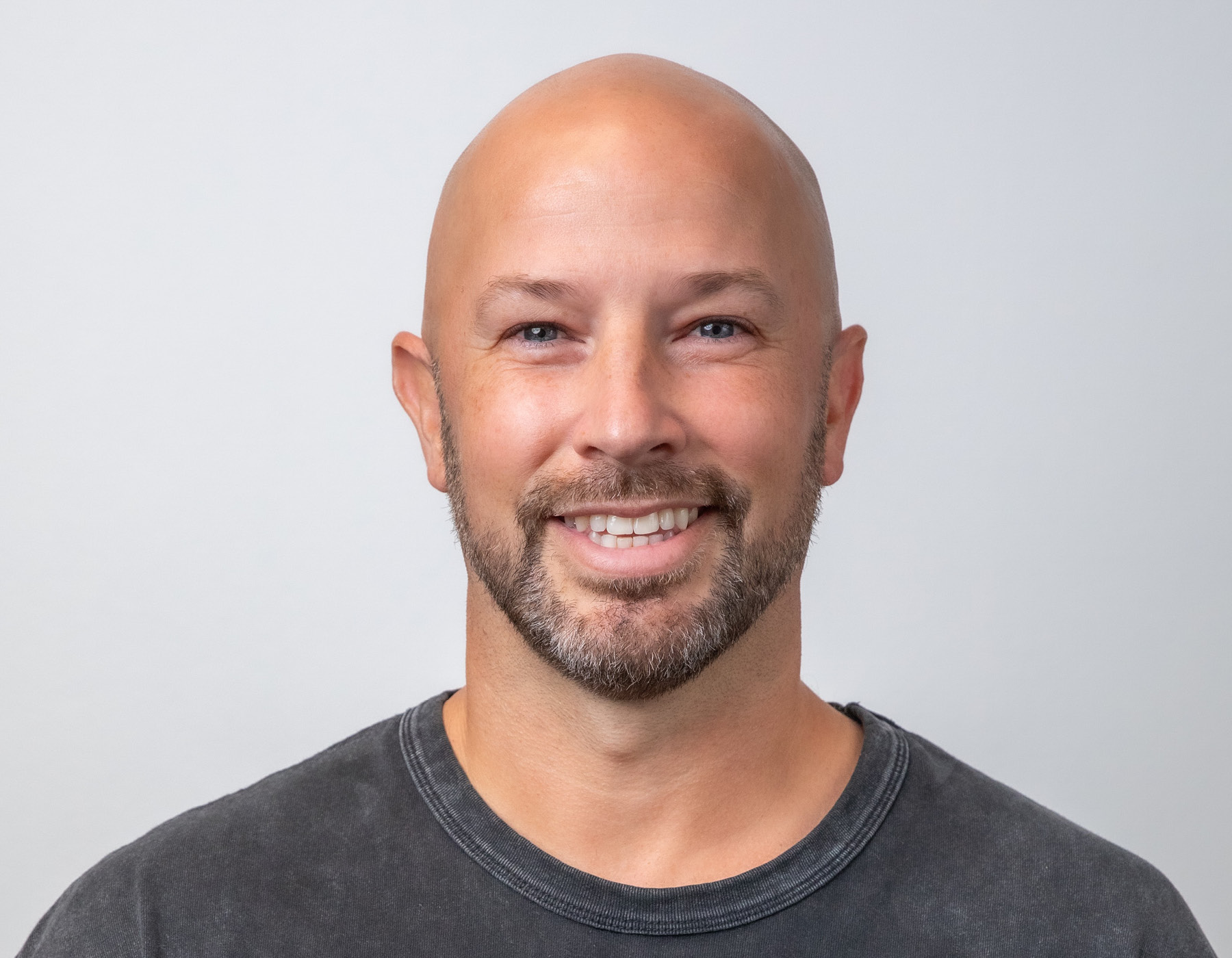
“We produce some of the world’s best ice cream – and are acutely aware of the environmental impact of dairy farming.”
While the work is far from over, Farrell is proud to be a part of Ben & Jerry’s – the company that from day one has led by example, integrating social mission into every aspect of its operations.
“Sustainability isn’t just a buzzword at Ben & Jerry’s – it’s a core value that drives everything we do,” he says.
“By using business as a force for good, advocating for social and environmental justice, and inspiring others to join us in creating a more equitable and sustainable world, we demonstrate that businesses can make a difference, one scoop at a time.”

